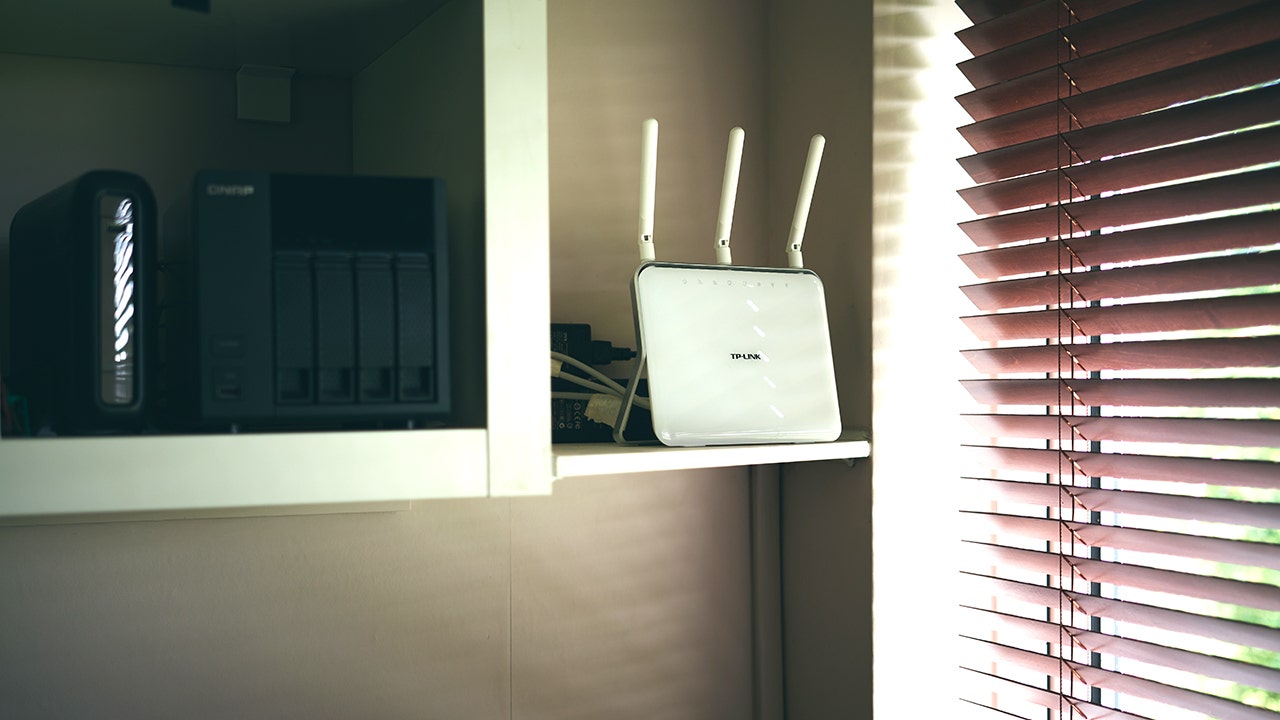A significant national security debate is currently unfolding in the United States that extends beyond government networks and into everyday homes, affecting the devices and Wi-Fi networks families use daily. At the heart of this discussion is the Commerce Department’s recent proposal to block new sales of products made by TP-Link, a prominent manufacturer of routers and smart home devices. This proposal comes after an extensive months-long review of TP-Link’s connections to China, with officials citing growing concerns about potential security risks linked to the company.
Several U.S. government agencies, including the Departments of Homeland Security and Defense, have backed the Commerce Department’s move. They argue that TP-Link’s ties to China could potentially expose American networks to foreign influence and interference. Security experts have long warned that routers and other networking devices are prime targets for foreign-backed hackers. These devices often serve as silent, unnoticed gateways that attackers can exploit to infiltrate more sensitive systems within homes, offices, and even military installations. Once compromised, such devices could jeopardize everything connected to them—from personal computers and smart home gadgets to critical military equipment used on bases.
If enacted, this ban on TP-Link products would represent one of the most consequential consumer technology restrictions in U.S. history. It arrives amid heightened scrutiny by lawmakers about Chinese-made cameras, routers, and other connected home products that are sold on military exchange sites and widely used in American households. The debate underscores growing anxieties about the security of devices that are ubiquitous in daily life but may harbor hidden vulnerabilities.
Lawmakers from both sides of the aisle have expressed particular concern about the risks faced by military families. Senator Joni Ernst, a Republican from Iowa who leads a bipartisan group of 23 lawmakers, has warned that TP-Link cameras and networking equipment available on Army, Navy, and Air Force exchange sites could potentially expose sensitive footage from military housing and dormitories. Similarly, Representative Ashley Hinson, also a Republican from Iowa, highlighted that these devices might serve as backdoors for Chinese intelligence agencies to collect information about service members and their families. Even when such products appear to be out of stock, officials believe they remain popular within military communities, further deepening the concern.
The lawmakers emphasize that Chinese laws could compel companies to share data with the government or embed hidden software updates that weaken U.S. networks. This legal environment, combined with TP-Link’s alleged ties, creates what they describe as a “real risk” for households living on or near military bases. TP-Link has denied all allegations, stating that it stores U.S. user data within the country and is not subject to foreign control. However, lawmakers have called for a more thorough investigation to ensure national security is not compromised.
Senator Ernst stressed the gravity of the threat by stating, “China will use any way to infiltrate us, and we must ensure they cannot access our homeland or military bases.” She compared the current situation to previous security concerns involving Huawei Technologies, a Chinese telecom giant that has been essentially banned from the U.S. market due to similar national security fears. Ernst urged the Commerce Department to expedite its investigation, setting a deadline of November 30 for its conclusion.
Senator Tom Cotton of Arkansas, who chairs the Senate Intelligence Committee, echoed these concerns. He asserted that TP-Link devices could provide the Chinese government with access to American networks and called for swift action to address the issue. Their stance reflects a broader trend in Congress to scrutinize foreign-made smart home devices sold on military bases, viewing them as critical vulnerabilities amid escalating cyber threats.
In response to these allegations, a spokesperson for TP-Link Systems Inc., the California-based subsidiary involved in the U.S. market, issued a strong denial. The company emphasized that it is an American firm with no ties to the Communist Party of China or the Chinese government. Moreover, TP-Link stated that it has no affiliation with the China-based TP-LINK Technologies Co. Ltd., which is a separate entity.
The spokesperson described the allegations as “false and misleading” attacks that have been debunked and suggested that the concerns raised by lawmakers are influenced by a competitor’s attempt to remove TP-Link Systems’ products from the market. They contended that the claims rely on “manufactured echo chambers” of unsubstantiated media reports rather than concrete evidence.
TP-Link also highlighted that its core security functions and data infrastructure are located within the United States, specifically on Amazon Web Services servers in Virginia, which are under the company’s control. According to the company, TP-Link holds only a small share

